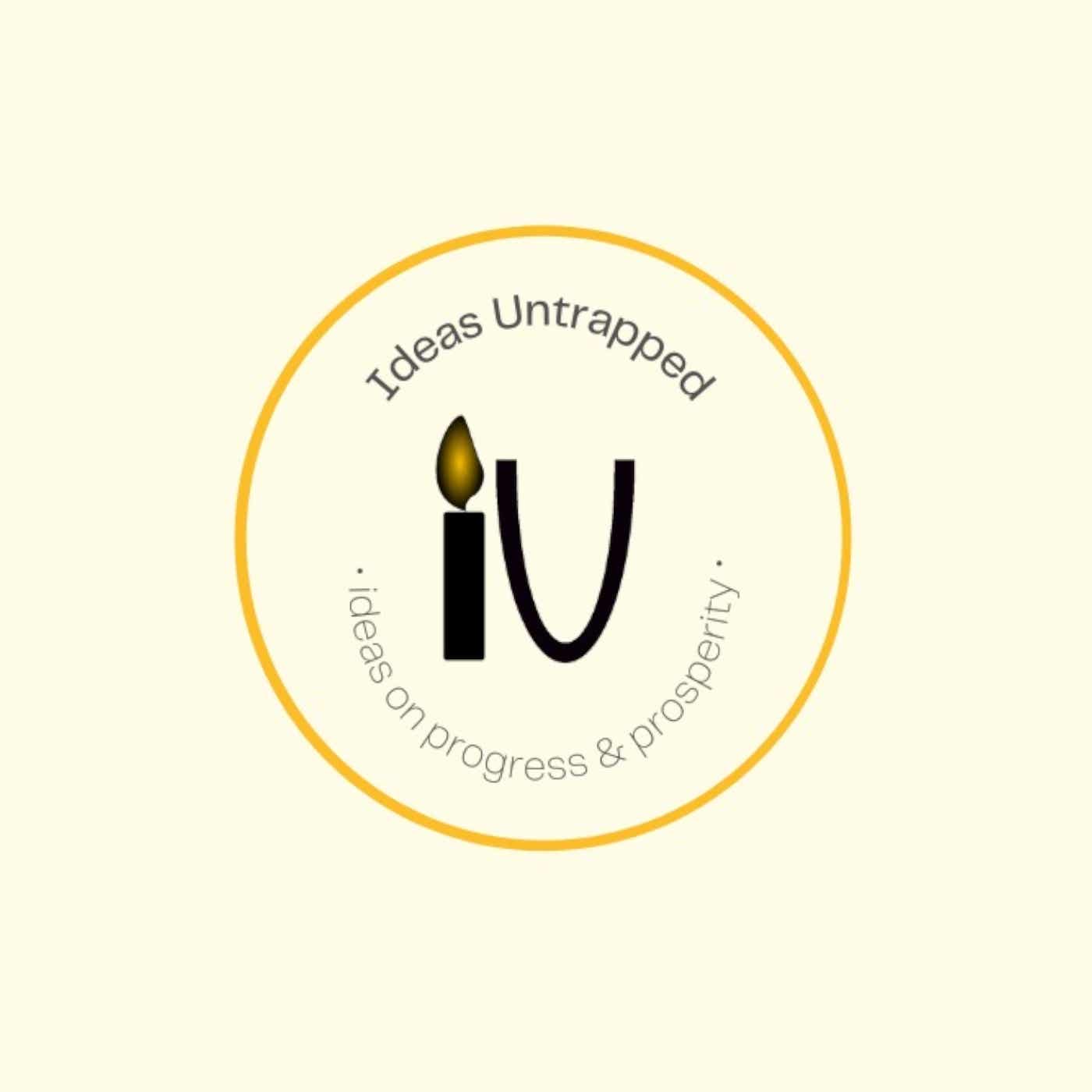Rethinking Good Governance
Description
Welcome to another episode of Ideas Untrapped podcast.
In this episode, I spoke to Portia Roelofs who is a Lecturer in Politics at the Department of Political Economy at King's College London, and also a research associate at the African Studies Centre in Oxford. She is the author of a fantastic book titled Good Governance in Nigeria; Rethinking Accountability and Transparency in the Twenty-First Century.
Portia critiques the "good governance" agenda, arguing it's a continuation of structural adjustment programs from the '80s and '90s, which focused on market-driven development, privatization, and state withdrawal. She asserts these reforms didn't consider the social and political realities in African countries, leading to significant challenges, including a narrowed policy scope and "choiceless democracies."
Portia proposes a more socially embedded approach to governance, emphasizing the need for government officials to be accessible and accountable in more culturally resonant ways, beyond just transparency and efficiency. She suggests practical steps like politicians residing in their constituencies and being directly reachable. The conversation also explores the tension between technocratic and populist approaches in Nigerian politics, highlighting the importance of addressing immediate social needs alongside long-term developmental goals.
Despite the critique of current governance models, the conversation acknowledges the complexity of governance in Nigeria and the need for nuanced solutions that consider both the efficiency of the civil service and the broader economic and social goals of the state. The discussion concludes by reflecting on the need for a more comprehensive discussion on the role and aims of the state in Nigeria, beyond just improving civil service efficiency.
Transcript
Tobi;
I'll start with where you started your book. I should say I enjoyed your book very much.
Portia;
Thank you.
Tobi;
It's very interesting, and I really connected with it as a Nigerian. So, what you described as the good governance agenda and its challenges, its failures, and way it has come short in the context of Africa and Nigeria, in this case, is where I’ll like us to really start. So just give me a brief rundown of that, because what you call the good governance agenda or the technocratic World Bank-type description of what good governance is, is still the popular and, I should say, acceptable form of discourse in the popular mind about how we think governance should be. So, just give me a brief rundown of your critique of that.
Portia;
Okay, sure. So, I think to understand a good governance agenda you really have to understand what it was a response to and, kind of, the immediately preceding history. So in the 1980s and the 1990s, you have the structural adjustment programs which are promoted by the World Bank and the IMF and adopted by many, many countries both in Africa and in the global south. And these are programs that take aim at the kind of bloated state and too much state intervention in the economy. And they say the economy needs to be structurally changed to allow market forces to drive development. So you see a kind of consistent pattern of privatization, liberalization, devaluation, removal of capital controls. And that was driven by a strongly ideological belief that the market is the best allocator of resources and the best driver of development.
And Nigeria, in 1986, under Babangida adopted something that was basically the structural adjustment programs, albeit not quite in name. And then by the kind of 1990s, the early 1990s, the late 1980s, people were starting to realize, actually, these structural adjustment programs don't work. They don't achieve what we wanted them to achieve. In many places, they had absolutely disastrous results. And a lot of the critique of that is coming from places like CODESRIA (Council for the Development of Social Science in Africa). So African scholars, from a mor
More Episodes
Published 04/27/24
In this episode, I had a conversation with economic historian Johan Fourie, who is a professor of economics at Stellenbosch University, and the author of one of the most enjoyable books on economic history called Our Long Walk to Economic Freedom. We spoke about the resurgence of economic...
Published 03/20/24
Published 03/20/24


